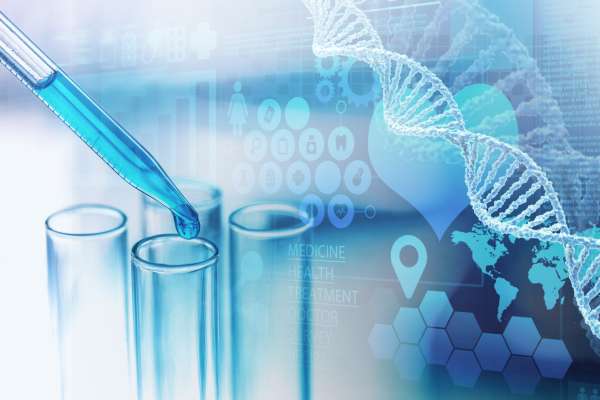Course Objectives
- To determine cause and manner of death: Forensic pathologists examine bodies to determine the cause and manner of death, which helps investigators understand the circumstances surrounding the death.
- To identify individuals: Forensic experts use various techniques, such as DNA analysis, fingerprints, and dental records, to identify victims, suspects, and missing persons.
- To analyse evidence: Forensic scientists examine physical evidence, like bloodstains, hair, and fibers, to reconstruct crimes and link suspects to crime scenes.
- To provide expert testimony: Forensic experts testify in court to explain their findings and provide objective, unbiased opinions.
- To assist in crime scene investigation: Forensic experts help investigators process crime scenes, collect evidence, and reconstruct events.
- To develop and improve forensic techniques: Forensic scientists continually update and refine their methods to ensure the accuracy and reliability of their findings.
.png)


